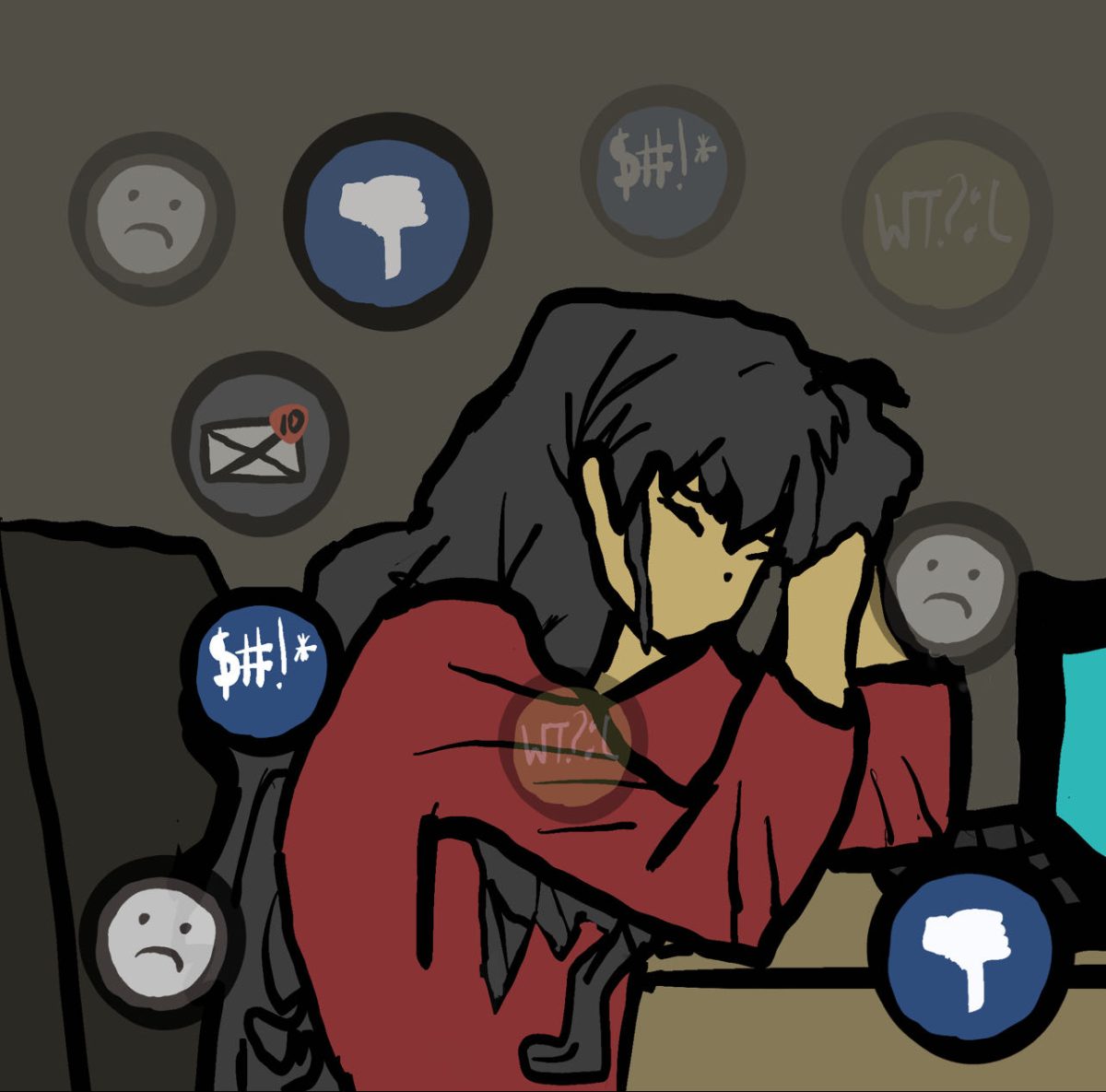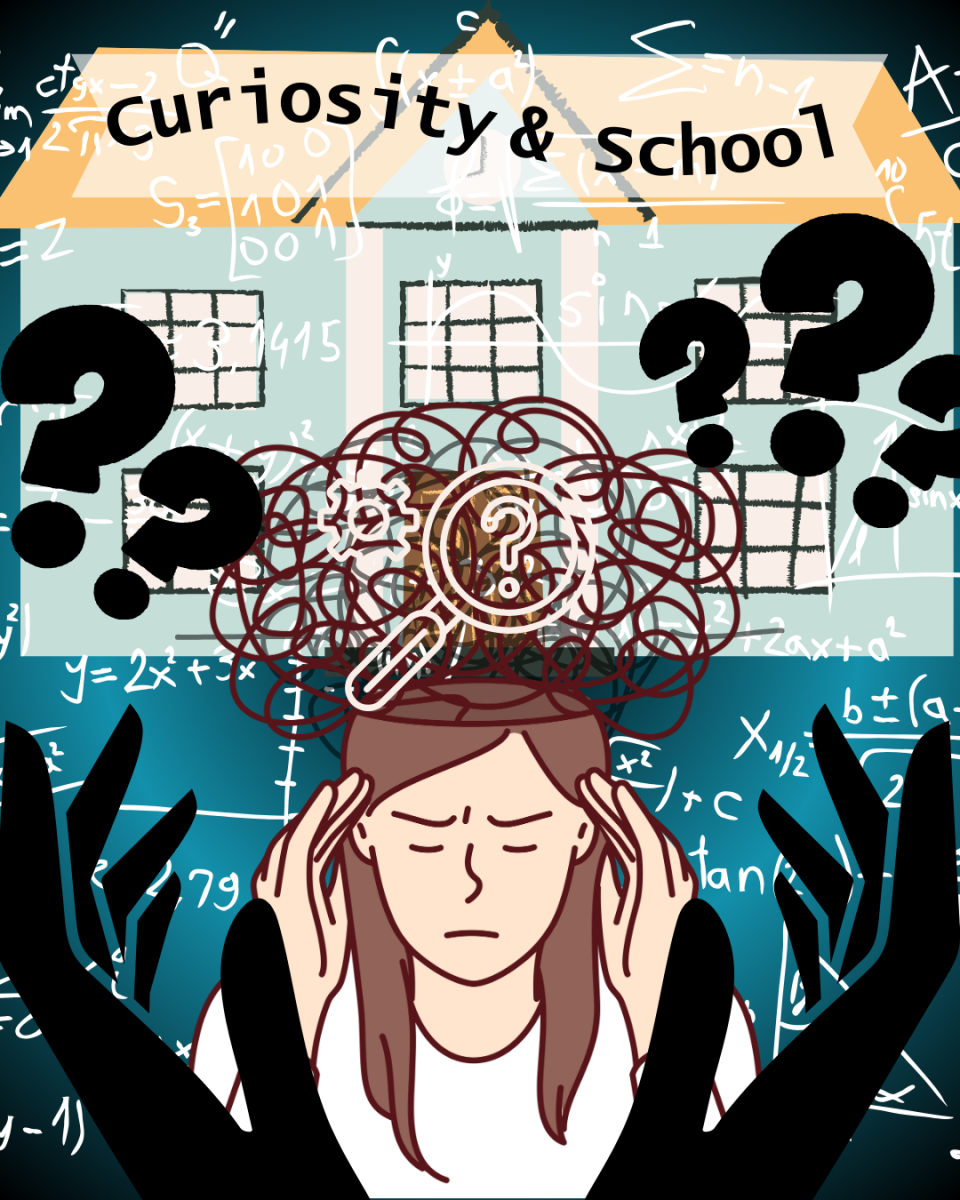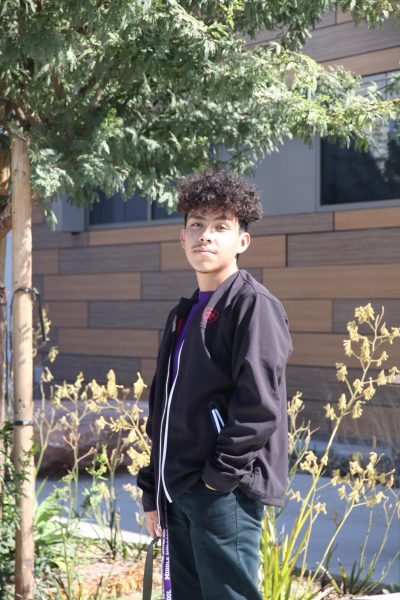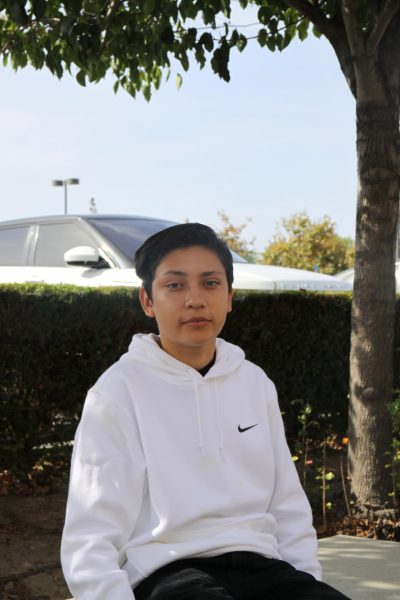TikTok, YouTube, Instagram and Snapchat are all platforms used to communicate with various individuals to share and exchange thoughts and ideas. We categorize these ways of communication as social media. But with this form of communication, is social media safe for kids and children under 13? The resounding answer is no. While some individuals can argue that social media can be informative, it is evident that social media is a dangerous area for a child’s mental and physical health.
Children are not mature enough to be on social media for various reasons. The influence of social media on children can be harmful and detrimental since the internet is a free space with no consequences. Children are at constant risk of witnessing inappropriate content. The impact that social media has on children’s social and emotional development are just some of the reasons. It is crucial for parents and guardians to have open communication with their children and set certain limitations. The parents’ supervision of their child’s social media can be one way to prevent everything.
The developing brain of a child may be very vulnerable to specific social media posts. Adolescent brain development generally starts before puberty and lasts through early adulthood. This is a significant phase of growth that children go through in which the brain undergoes dramatic developmental changes.
Sophomore, Christopher Fuentes, has noticed that social media often contains inappropriate content that kids shouldn’t see.
“Lately, the internet is full of profanity like in TikTok where you can find cursing, racism and things children under 13 should not encounter at such a young age,” Fuentes said.
Profanity is not the only thing that parents are concerned about. According to Common Sense Media, “84% of teens use social media, but only 34% of them say they enjoy it.” This ties in with the idea that children are just addicted to what they see on social media rather than something they find fun.
MCHS biology teacher, Laura Compton, believes that the information that gets published on social media should not be accessible to children.
“Concerns, I mean obviously content, what they are seeing, what they are getting, who they are talking to, you know unfortunately there are bad people online and we see, you know, a lot of horror stories with people being contacted by discord and things like that,” she said.
Social comparison can be detrimental and affect a child’s self-image while even creating a competitive outlook.
MCHS after-school teacher Genesis Perez agrees with the negative impact that social media provides on a child’s self-confidence.
“My concerns are on how unrealistic social media is since little kids don’t have the understanding to differentiate between what is real and fake on social media. Many children may compare themself to unrealistic looks that social media provides,” Genesis said.
Not only does social media create unhealthy habits for young children, like sleep deprivation, addiction, and inferiority complex, but it can also affect parents.
MCHS AVID and biology teacher, Amy Holte, firmly agrees that social media is a bad thing in general, and it affects everything.
“I notice that social media makes me just feel bad about myself. All the time social media makes me feel like I’m not a good enough mom, not a good enough teacher, I’m not a good enough whatever, like I just feel bad about myself all the time and I’m trying to compete with this fictional version that people post about themselves which I don’t want to happen to my own kids,” said Holte.
Social media for children is proven to be more of an addiction than something they enjoy. The content that children see on social media could become a harmful addiction. This harmful addiction can negatively and critically affect both a child’s self-image and a child’s mental and physical health.



































